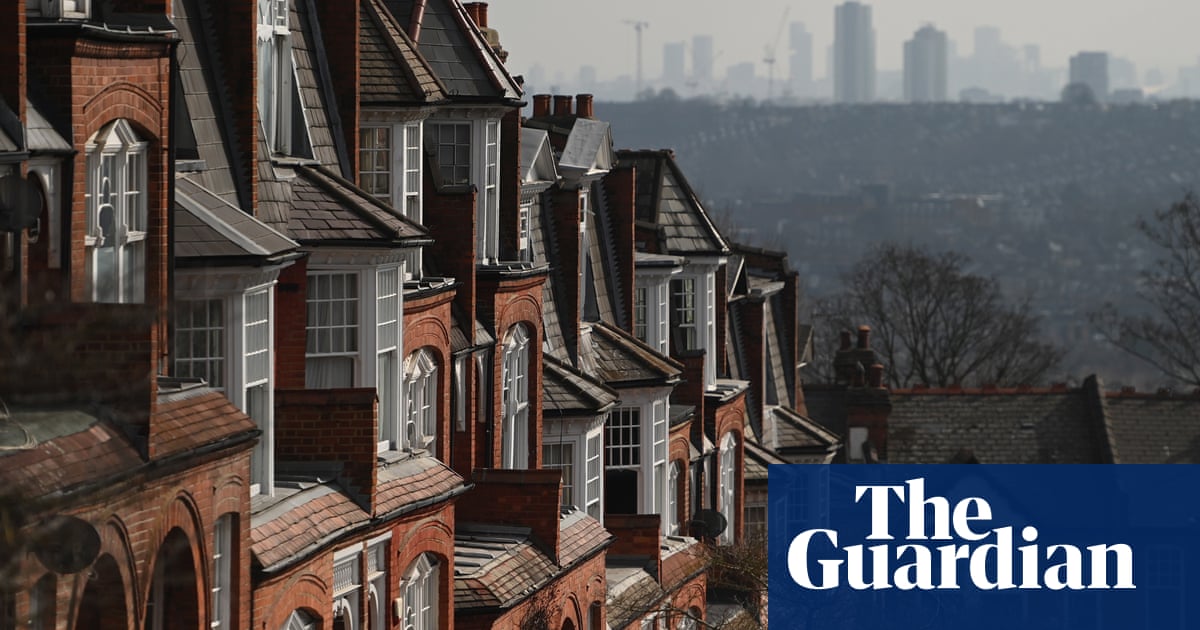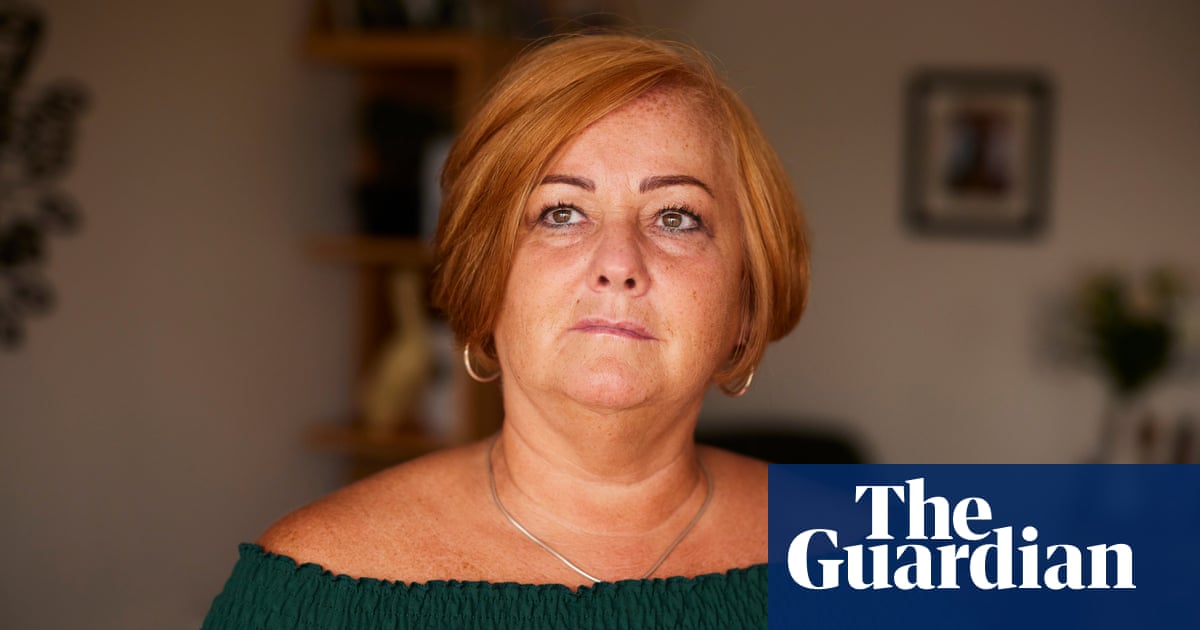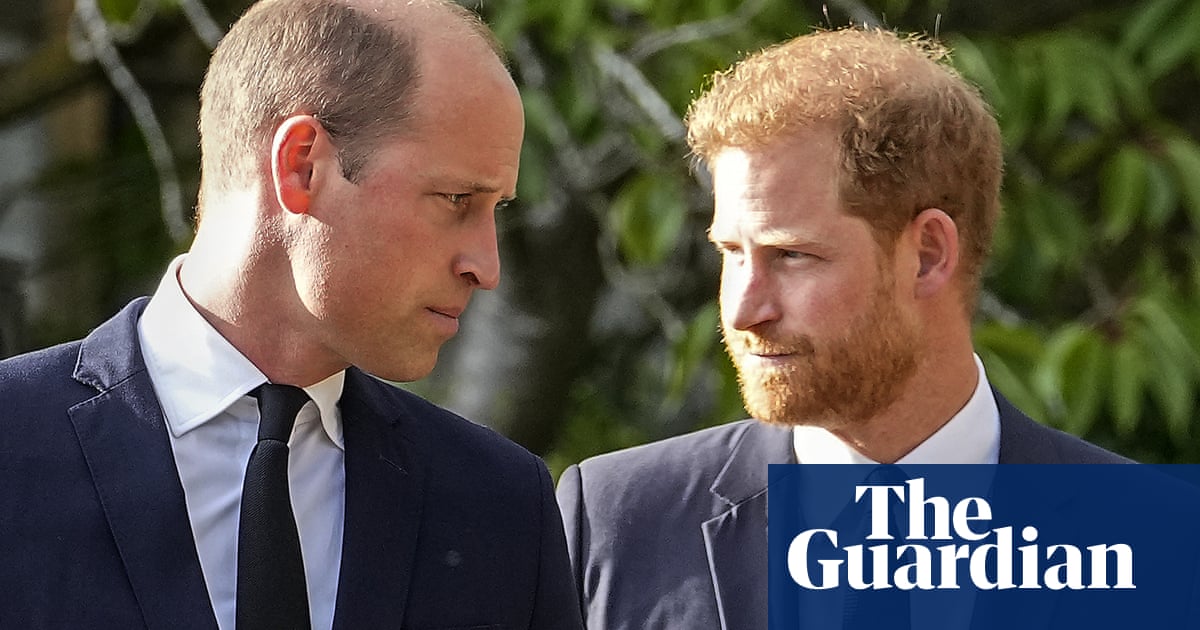
The mayor of Liverpool, Joe Anderson, has said his brother would still be alive if the government had listened to scientists and gone into lockdown earlier.
Three weeks ago, Anderson’s eldest brother, Bill, went into intensive care as a result of Covid-19. He died the same day.
Underneath Anderson’s grief is a belief that alongside thousands of others, the 70-year-old, known affectionately as Billy, could have lived if ministers had acted differently.
“It is absolutely clear to me that Billy, like thousands of others, would not have caught Covid and died from it, if [the government] had introduced a lockdown sooner,” he said. “I said again and again we need a circuit breaker but I was treated with disdain.”
Anderson has been at the forefront of the country’s efforts to contain the disease, which has claimed the lives of thousands of people in his city.
Liverpool has one of the highest rates of coronavirus deaths in England. The latest figures show the city recorded 300 cases per 100,000 in the week up to 3 November. The average area in England had 153.
“I was here, in Liverpool, watching as the R rate climbed, watching as our hospitals became overwhelmed, and I watched as my brother died but they outrightly dismissed me, they dismissed the advice from their own scientists and left people to die,” Anderson said.
Liverpool is the centre of Operation Moonshot, the government’s plan to deploy new technologies to test the entire population for coronavirus infection. The project was launched on Friday with six new testing centres opening their doors to Liverpudlians at midday.
In September, ministers were being warned that the country faced a “very large epidemic with catastrophic consequences” unless they took immediate action by imposing a two-week circuit breaker lockdown to reduce the spread of coronavirus.
The government’s Sage committee of experts urged ministers to move urgently as new infections rose in all age groups across the country, even as the full impact of opening schools and universities had yet to be felt. The group proposed five measures including the circuit breaker – a short period of lockdown to drive new infections down – that it urged ministers to consider to head off a second wave of the virus. The warning appeared in official documents dated 21 September.
Reports in national and regional press show Anderson repeatedly calling for the circuit breaker shutdown to stop the “out of control” virus in the weeks leading up to his brother’s death.
Despite his warnings, England only went into a national lockdown on 2 November. But for Anderson the action came far too late.
“The government only took steps to control the virus when the rates started to climb in the south and what does that say? It’s a clear message- that those in the north, their lives, including my brother’s, did not matter as much as those in the south,” he said.
Billy Anderson, who leaves his wife Jenny, a nurse, and son Joseph, died on 16 October in Liverpool hospital’s intensive care unit. The chairman of the Merchant Navy Association Liverpool Merseyside, Billy had only been diagnosed with the disease a few days earlier, with his condition deteriorating rapidly.
In his last hours, the former trade union official was cared for by a junior doctor, with whose father he had sailed during his time in the merchant navy.
“He was someone, who up until his dying day, had always helped others. The doctor who cared for him was someone he had helped in his youth. He had bought him a computer. The doctor wrote to me afterwards and we put the letter in Billy’s coffin,” Anderson said.
He added: “Billy is dead and my people in this city are still dying. Someone needs to be held accountable for what happened. The government needs to give people an explanation because as far as we can see, those that have been bereaved, is that they completely ignored our pleas and let people die.”












